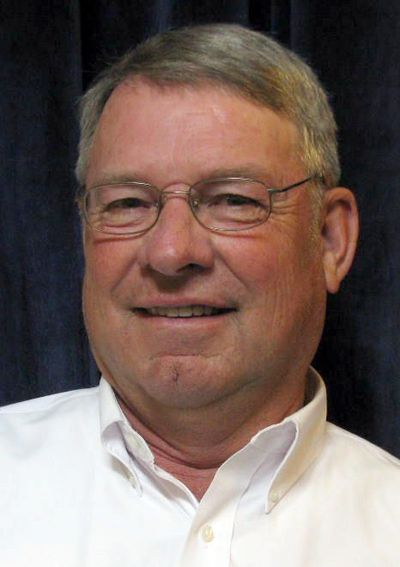Secretary of state won’t act on CdA Tribe’s instant racing request

BOISE – Idaho Secretary of State Lawerence Denney says he won’t comply with a legal demand from the Coeur d’Alene Tribe asking him to certify the repeal of slot machine-like “instant racing” in the state.
Denney said he’s sure there will be a court fight over the matter, and what’s more, “I don’t personally think that we have the authority to do that.”
Lawmakers this year passed the bill to repeal a 2013 law that authorized wagering via machines showing “historical” horse races, or races that had been run in the past. Gov. Butch Otter vetoed the repeal but didn’t return the bill to the Senate within the five-day time limit set by the state constitution.
Otter vetoed the bill April 3 but kept his veto secret for three days, not delivering the vetoed bill to the Senate until the following Monday, April 6. The Senate failed to override the veto.
Late last week, the Coeur d’Alene Tribe, which had proposed the repeal bill, delivered a legal demand to Denney asking him to certify the bill as law because the veto was invalid.
Helo Hancock, legislative liaison for the tribe, said Denney “clearly has the responsibility to certify this as law.” He also promised the veto will be challenged.
Denney said his chosen course of action – not taking any action and seeing what happens – came after consultation with the Idaho attorney general’s office. “I think the court is probably the appropriate place to have those questions answered,” he said.
Hancock noted that tribal gaming is allowed “to overcome historical socioeconomic issues, abject poverty, (and) extremely high levels of unemployment.” What’s more, tribal gaming has its roots in federal law, and Idaho tribes sponsored a ballot initiative before they signed gaming compacts with the state, he said.
“We showed people our machine and we traveled around the state and we were open and we were honest about why we wanted them and why we needed them and what they were,” Hancock said. “And people knew very well what they were approving. There were years of public debate about it, and finally approval in a public vote. None of that happened with instant racing.”
Four years before the 2002 ballot measure, the Coeur d’Alene Tribe proposed a tribal casino at Greyhound Park, which would have required them to purchase the property and place it in trust as Indian land. That required the governor’s approval, and then-Gov. Phil Batt said no, saying tribal gaming should stay on the reservation. The tribe then focused instead on its reservation casino in Worley, which now includes a major resort hotel and golf course.